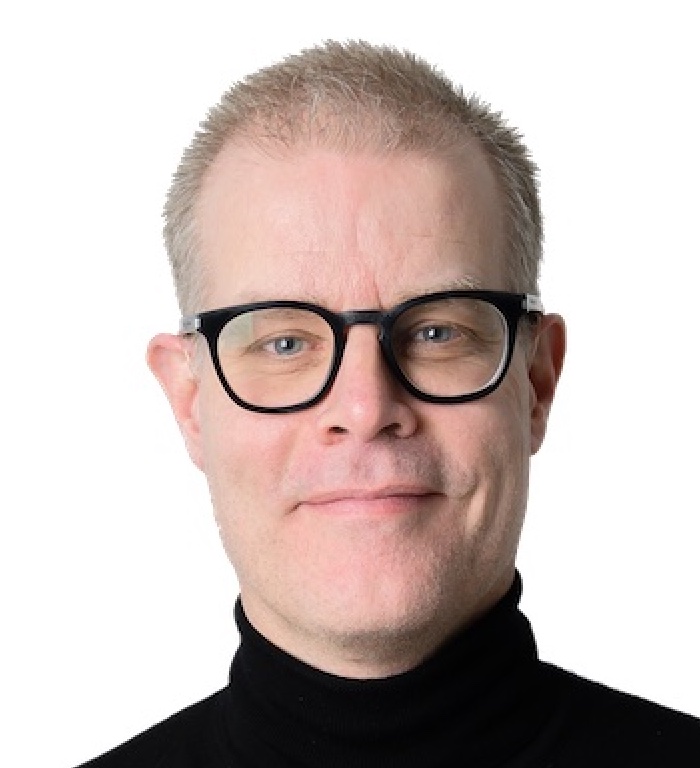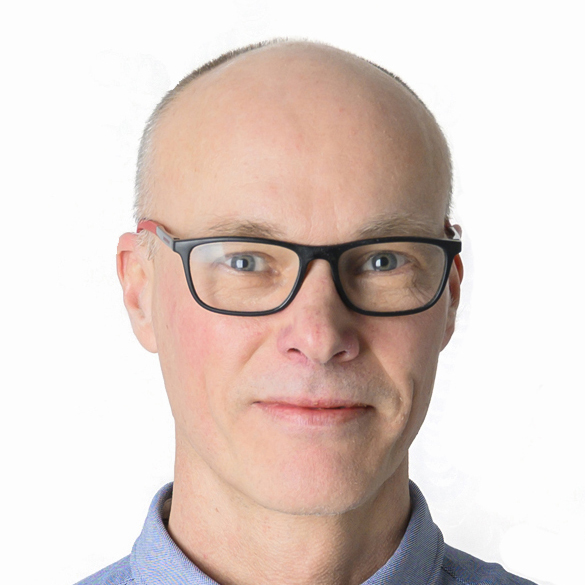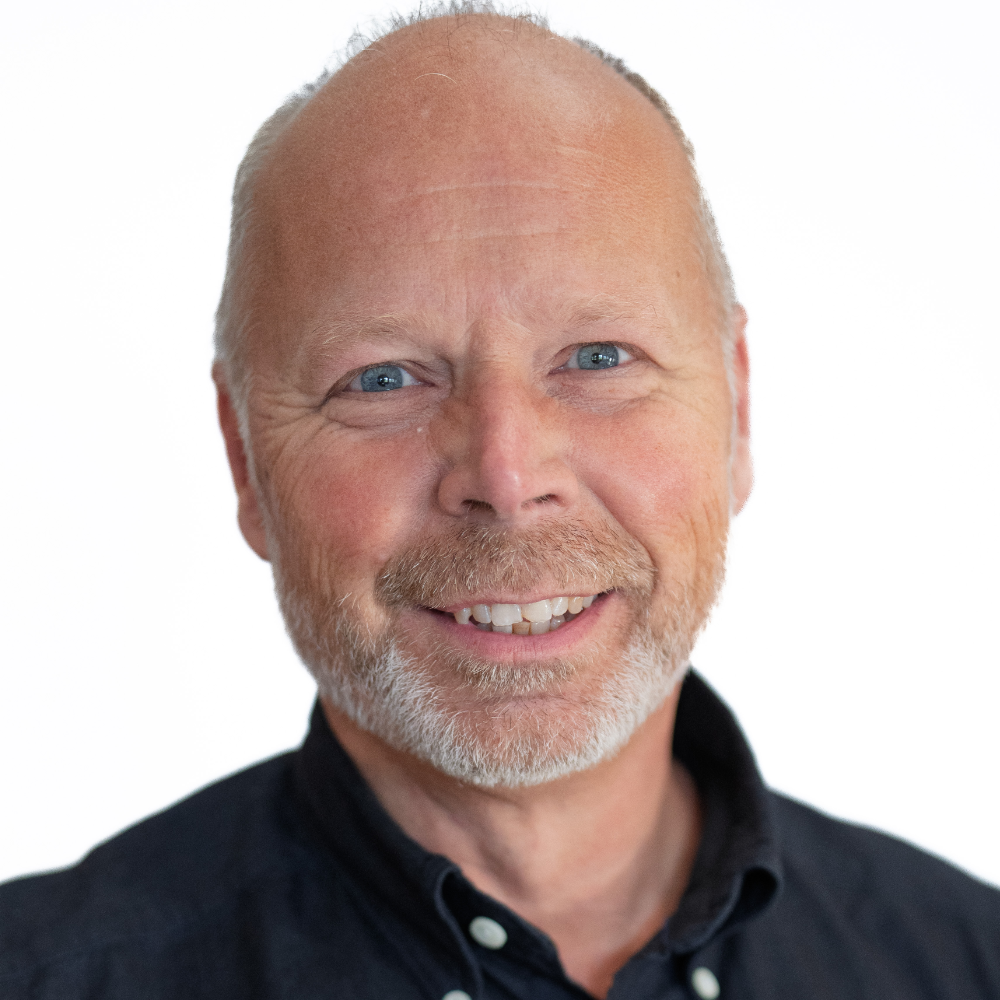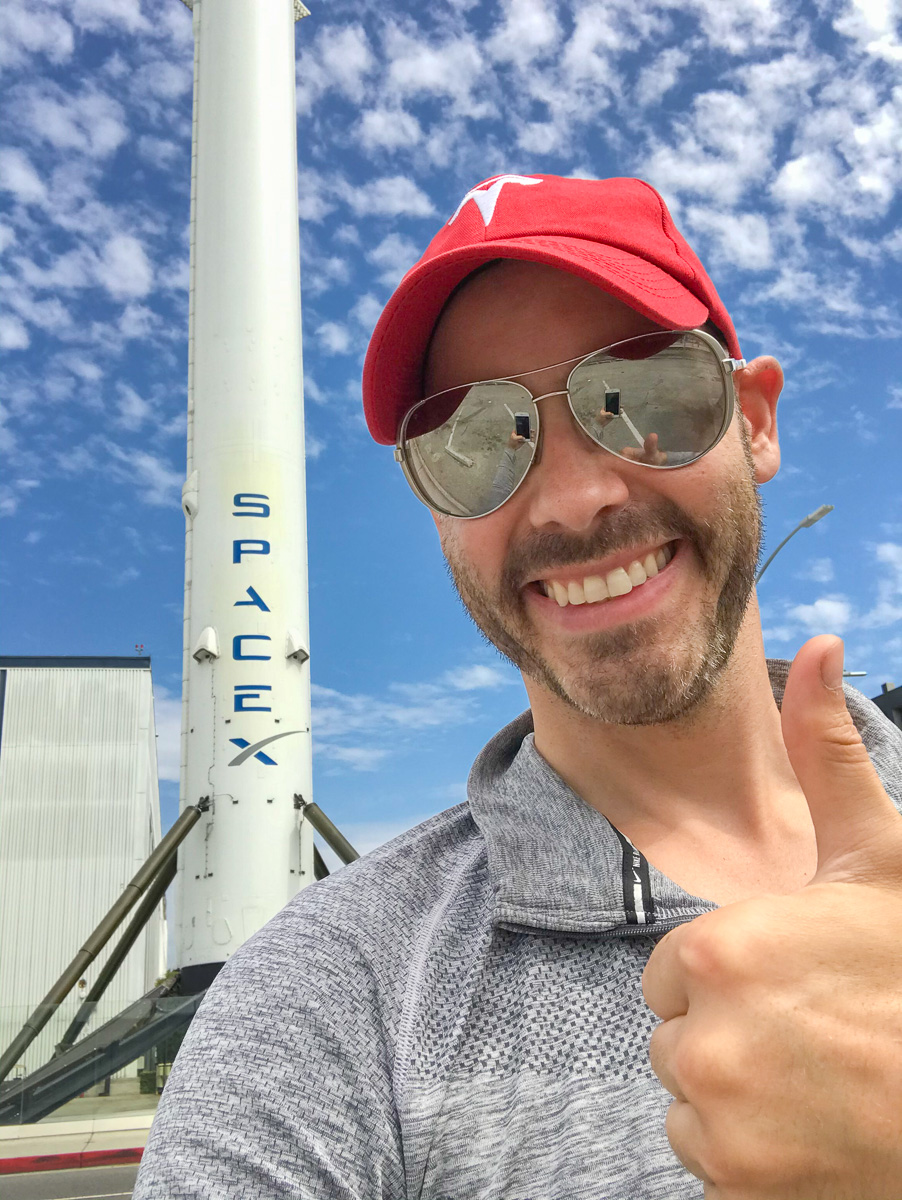Self-organization beyond the team, Open Participatory Organization (OPO) foundations, February 15-16 2018
In this two day course, we look closer into what makes self-organization tick, both in a team and what is needed to make it extend naturally beyond the team level. We take a practical approach to what we can do to catalyze this to happen and thereby bring out organizational agility by putting people and human nature into the center of how we organize.
We will explore common problems and sub-optimizations with agile teams today. Such as why some teams display boundaries that close them off from the rest of the organization in a way that self-organization does not extend beyond this boundary, and what we can do to remove these issues.
We continue with a look beyond the team level, and how to bring in a networked approach across the organization. Where individuals can become more autonomous while still keeping all the strengths of the high trust and relational depth of a team.
What will I learn?
- How self-organization happens and how to extend principles with a practical approach that has the capacity to scale with high performance.
- A mission centered approach built on locations which then integrates both governance and strategy at each local value adding level.
- Enabling a network of open teams.
- How to bring natural resilience and adaptability to an organization over multiple phases of change.
- Understand the human elements of self-organization.
- Extending self-organization beyond the team comes with some challenges for both the individual and the collective. We look into practical tools for building these participatory capacities.
All through this course we will bring out practical examples and keep an empirical approach to make these principles as simple as possible to use and apply.
Is this course for me?
This course is tailored for agile and business leaders who work as managers or coaches in agile organizations who want to build the capacity for business agility in their organizations.
Course facilitator
Course facilitators: Bonnitta Roy
Co-facilitated: Michael Göthe, Mathias Holmgren, Emil Vikström














